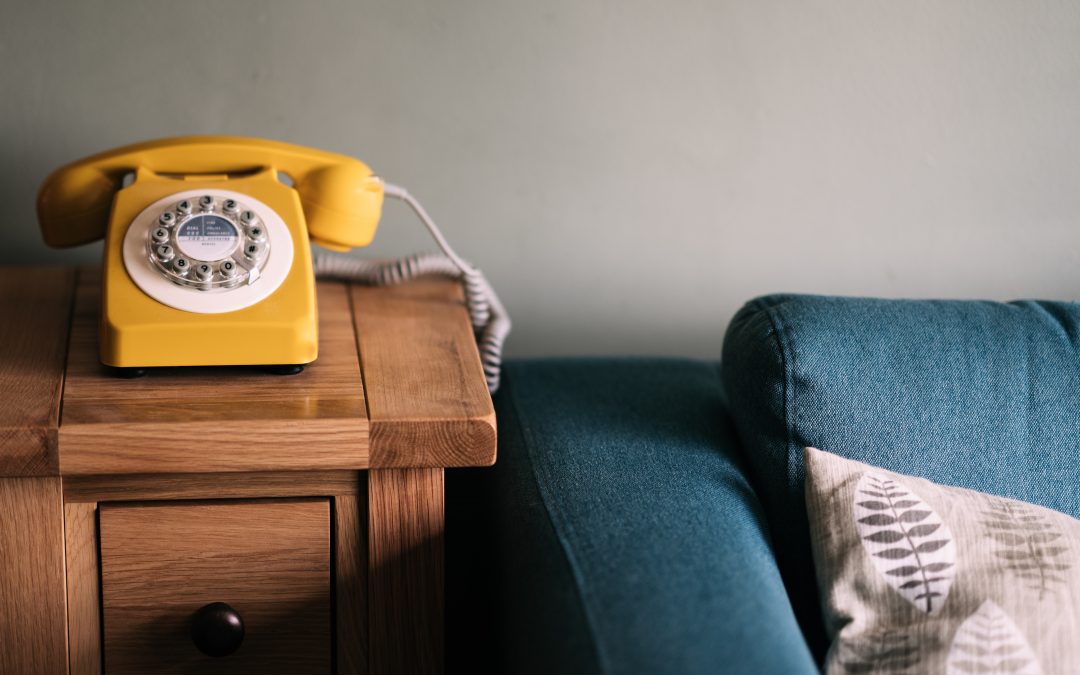A few years ago, a request for help came in to our Peer Support Line. The call was from a woman in her nineties, who had, in the span of 8 months, lost both her husband and her son leaving her with no living relatives.
The request was simple, she wondered if we had someone who could contact her each day to make sure that she was, in her words, “still alive.”
One of our volunteers rose to the occasion and every day for nearly 2 years, she called this woman each morning just to check-in. In that time, the pair developed an interesting and unique friendship that continued right up until February of 2020 when our caller passed away.
Isolation and loneliness have been issues on the COA’s radar for some time but this particular experience set the wheels in motion and got us planning this Sunshine Call pilot project. The COVID-19 pandemic and the need for social distancing has made isolation an even greater risk to our senior population and made this project more timely than ever!
The primary goal of the Sunshine Call pilot is to reach socially isolated seniors and help them to build new social networks.
Why it Matters
59% of lonely or isolated seniors are more likely to see a deterioration in their mental and physical health than their connected and socially active counterparts. These numbers will only increase as we all attempt to navigate safely through this current global health crisis.
Several studies over the last few years have found that chronic loneliness increases the risk of early death, coronary heart disease, stroke, cognitive decline, and dementia. Isolated seniors are also at greater risk for abuse and suicide.
It has been observed that social isolation puts a greater strain on our health care and social service institutions. When a senior has family or social support, they are less likely to make unnecessary hospital or doctor visits. In part, it may be because socially active seniors have fewer health problems but it also likely that these seniors are able to talk through what they are experiencing and come to the conclusion that it not, in fact, a medical emergency.
No matter how you look at it, isolation is an issue that MUST be addressed.
You can learn about the Sunshine Call program specifics in this short interview with COA president, John Mirski:
If you are someone who cares about this issue and would like to contribute your time to make a real difference in the life of local seniors, please reach out to the Kingston-Frontenac Council on Aging at sunshinecallsignup@gmail.com for more information or fill out the volunteer application form below.

